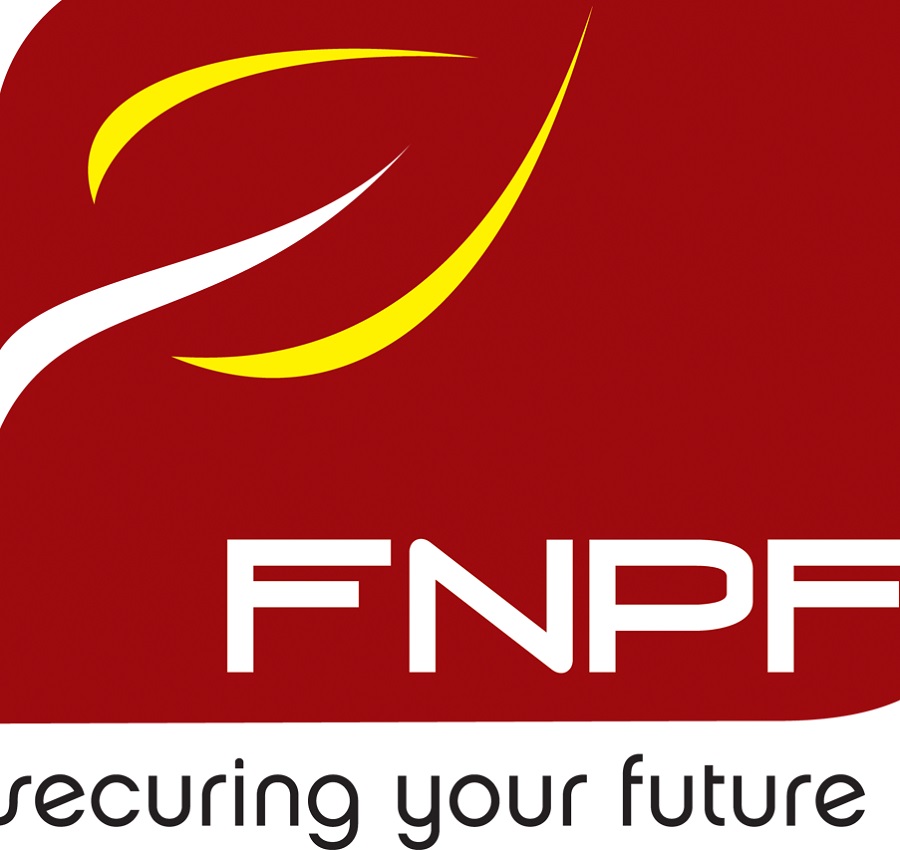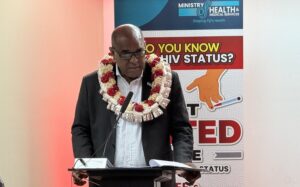Fiji’s pension fund made a profit from the sale of its 20 percent shares in Energy Fiji Limited, CEO Viliame Vodonaivalu confirms.
The Fiji National Provident Fund was able to recover the amount it had bought the shares for, at around $206.1 million in 2019, making a profit of more than $25 million when it was sold early last year to Seven Pacific Pte Ltd – an entity co-owned by the Japan Bank for International Corporation (JIBC) and Chugoku Electric Power Company (CEPCO).
FNPF Chief Executive Viliame Vodonaivalu told MaiTV that the Fund sold its EFL shares for around $231.5 million, making a gain of $25.4 million or 12.3 per cent from its initial investment in less than two years, which he says “is a good return compared to alternative investment opportunities within the same timeframe.”
Earnings were then re-invested by the Fund into fixed-income investments which earn FNPF an interest income, Vodonaivalu said.
Asked why the FNPF sold the shares, Vodonaivalu said it was part of the agreement with the Fijian Government, but one that they also made sure its interests were protected.
“As part of the initial investment, there were pre-determined exit mechanisms incorporated in the contractual agreement. This included provisions that allowed the Fiji Government to source a strategic investor and if the investor wanted a higher stake in EFL that would require FNPF’s 20% stake, enabling the Government to offer the shares to the strategic investor (including FNPF’s stake),” Vodonaivalu said.
“However, as part of the agreement and to protect FNPF’s interest, a minimum return requirement was put in place if the Fiji Government were to sell the shares, and in addition, FNPF was to be reimbursed of transaction costs incurred during the initial investment.”
Seven Pacific Pte Ltd had also bought 24 per cent of the Fijian Government’s shares, and as a result, has a 44 per cent stake in EFL, Fiji Government remains the majority shareholder with 51 per cent and the remaining five per cent held by EFL customers.









